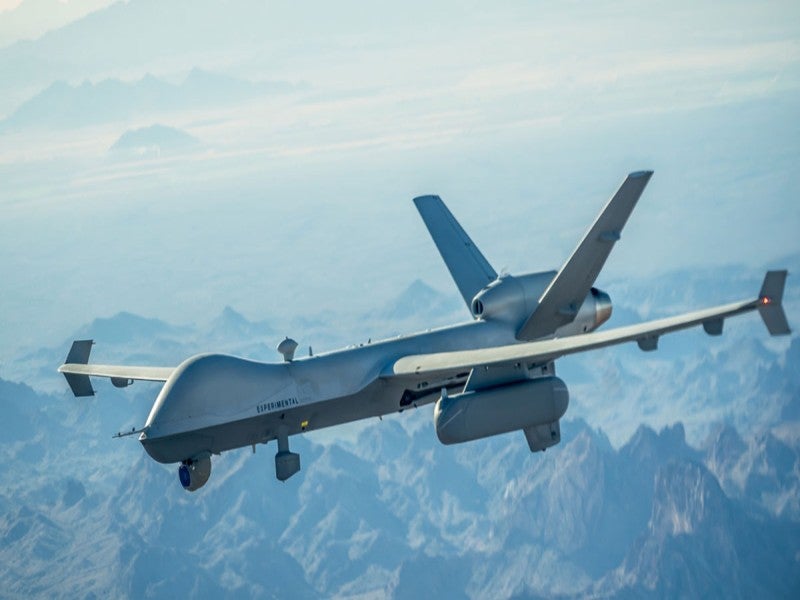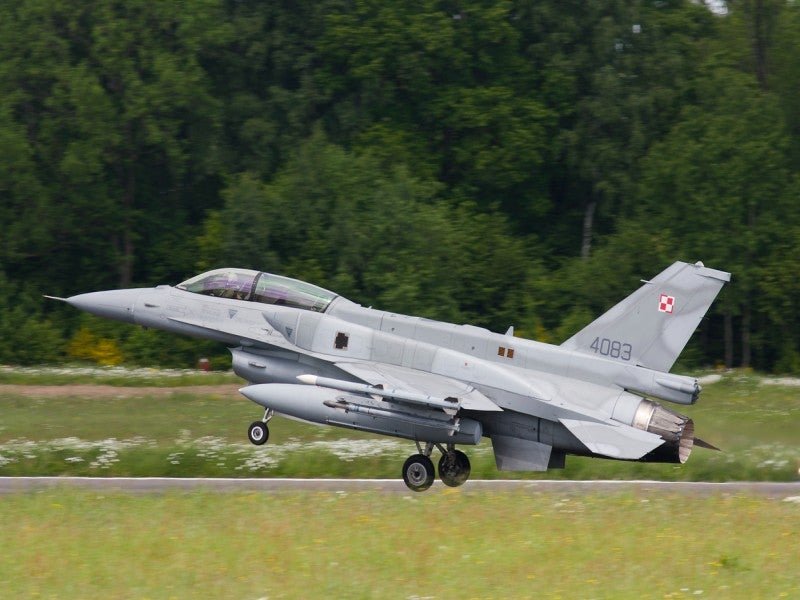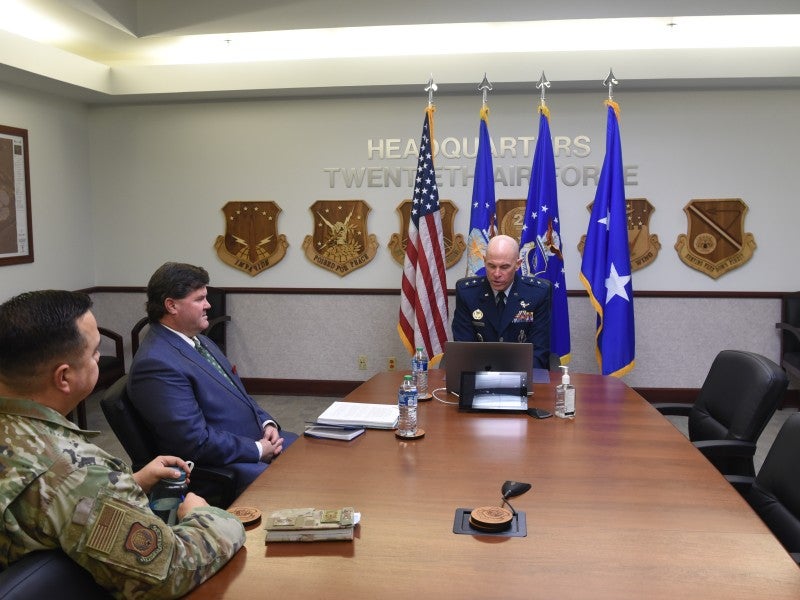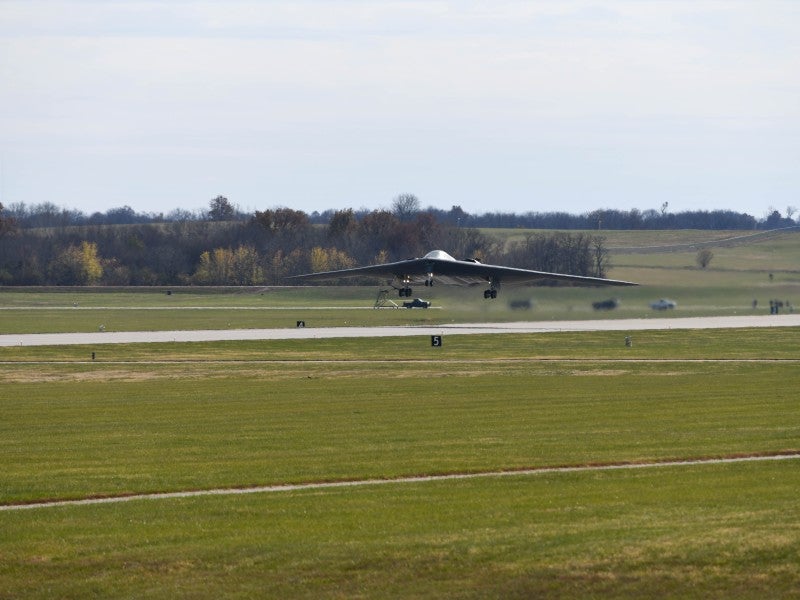
General Atomics Aeronautical Systems (GA-ASI) has flight tested the new multi-purpose Nato pod using its MQ-9A remotely piloted aircraft (RPA).
The test was carried out from the Yuma Proving Grounds, Arizona, US on 23 November.
NATO pod has been co-developed by GA-ASI and Spanish company Sener Aeroespacial.
It was built in Europe to obtain all the necessary Nato airworthiness standards for providing additional payload options and configurations for GA-ASI’s MQ-9A and MQ-9B SkyGuardian RPAs.
The pod has been designed to address the evolving mission requirements of the international customers. It allows them to rapidly integrate various payload capabilities to accomplish forces’ operational objectives.
GA-ASI Mission Payloads and Exploitation vice-president Satish Krishnan said: “Our successful test flight allows us to begin marketing this new capability to our international partner nations as a way to rapidly add sovereign payload capability.”
In the recent test, the pod also featured a payload, developed by France company Arpège.
The Nato pod’s interface is integrated with M1-9 RPA’s power and navigation interface, including datalink connection with Ground Control Station (GCS).
Currently, GA-ASI is working in collaboration with its European industry partners and Sener to combine its sensor capabilities within the Nato pod.
Sener Aeroespacial defence general director Rafael Orbe said: “This first flight is the fruit of a long collaboration between GA-ASI and Sener and we are proud to have contributed to the success of the project.”
Successful customer system integration, therefore, will depend on the utilisation of common sets of interfaces for aircraft and GCS, noted the company.




